
As technology enters content creation, is the line between human and machine still clear?
A few years ago, AI technology only supported basic writing. Today, AI writes articles, poems, composes music, writes scripts, and even edits videos .
From a support tool, AI has become the “author”. So, with the speed, cost and ability of AI to work non-stop, are content creators at risk of being replaced?
AI is learning to be 'humanly creative'
From just supporting text editing, a series of artificial intelligence platforms have now truly participated in the content creation process.
Familiar names like ChatGPT, Google's Gemini, Claude from Anthropic, or Microsoft's Copilot are becoming increasingly popular among content creators.
These tools can write anything from short newsletters of a few hundred words to essays of several thousand words, even mimicking the personal style or voice of a particular author.
Not just stopping at writing, artificial intelligence is also penetrating the field of images and videos.
Platforms like OpenAI's Sora, Runway, Pika are turning video post-production into a near-automated process with just text descriptions.
Meanwhile, DALL·E, Midjourney or Firefly AI help create illustrations, design covers, and build story frames with pictures.
In other words, artificial intelligence is not only replacing some jobs but is also gradually learning to be as creative as humans.
AI and the Writing Revolution: Change or Disappear?
The advent of artificial intelligence is creating a profound revolution in the writing profession. Many people question whether AI will make traditional writing disappear.
In reality, AI is not a competitor but a tool that enhances performance and opens up new avenues of innovation.
Replacing all writing tasks with machines is unlikely in the near future. Creativity is not just about arranging words, but also requires emotions, life experiences, and a deep understanding of people and society that AI cannot currently replace.
Rather than disappearing, the writing profession is transforming. Practitioners must learn to incorporate technology into the creative process using AI, as an assistant to focus on the unique and personalized human parts.
The AI revolution in writing is therefore not the end but a new step that opens up opportunities for writers to develop themselves and affirm their own value in the digital age.
Artificial intelligence still doesn't have a... soul.
While AI can generate content quickly and coherently, it still has many limitations that humans can easily recognize.
One of the most obvious weaknesses is the lack of real emotions and life experiences. AI has no personal memories, no pain or joy, so it is difficult to reach the emotional depths that real people experience.
In addition, artificial intelligence often has difficulty understanding specific cultural and social contexts. For example, wordplay, proverbs, and connotations in the Vietnamese language sometimes cause AI to misunderstand or express itself unnaturally .
AI-generated content may be structurally and syntactically correct, but it lacks depth of thought. It is easy to read and flows well, but is often perceived as lacking in personality and leaving no distinctive mark.
Finally, misinformation or fabrication of facts remains a serious problem. Users should be cautious and double-check information rather than completely trusting what the tool generates.
Humans are not disappearing but changing roles
Humans are not disappearing, but are transforming and changing their roles in the age of artificial intelligence. AI can take on many repetitive tasks and create basic content quickly and efficiently.
However, the ability to think critically, feel deeply, and be creative on a personal level remains a unique human strength.
Today's writers are no longer the ones who directly create all the content, but have become the ones who monitor, censor, and edit AI-generated products.
They add a humanistic value, sophistication and multi-dimensional perspective that machines find difficult to replicate. This role requires flexibility, judgment and a relentless creativity to bring out the unique features in each work.
The future of writing is not about AI or humans, but about collaboration. People who can harness the power of technology with their experience, emotions, and insights will create more unique and meaningful creative work than ever before.
It is constant adaptation, learning and innovation that will help creatives maintain their position and continue to grow in a rapidly changing world .
Source: https://tuoitre.vn/ai-va-tuong-lai-nghe-viet-thay-the-con-nguoi-hay-hop-tac-20250605013057624.htm


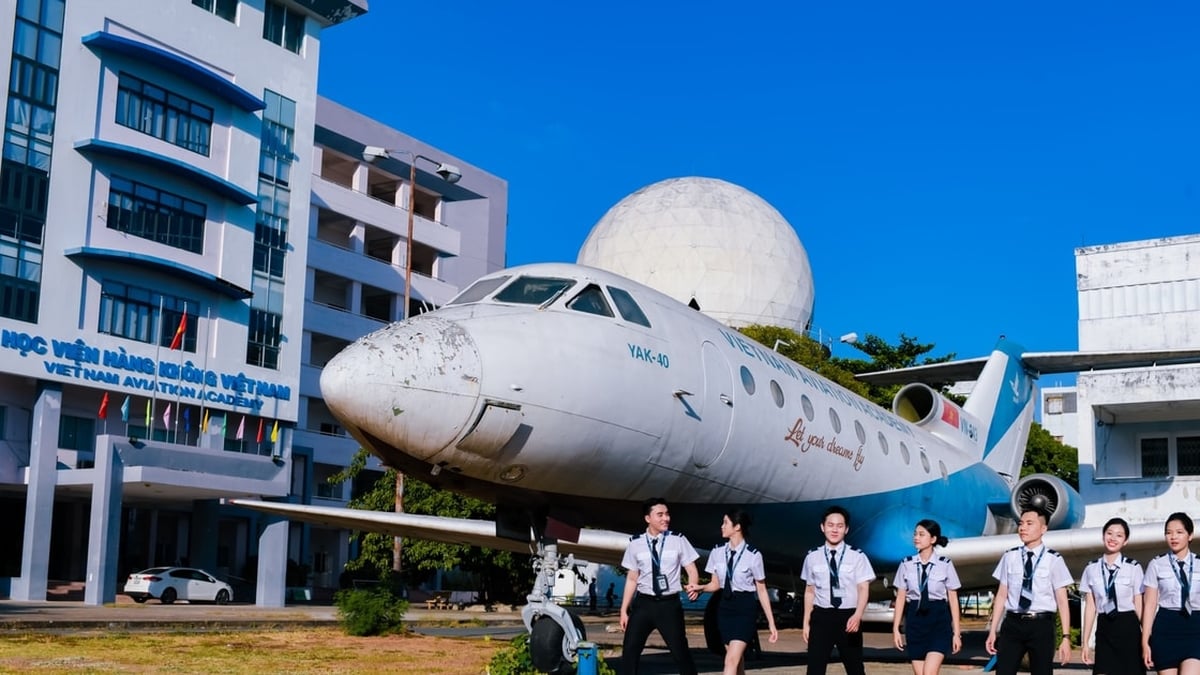
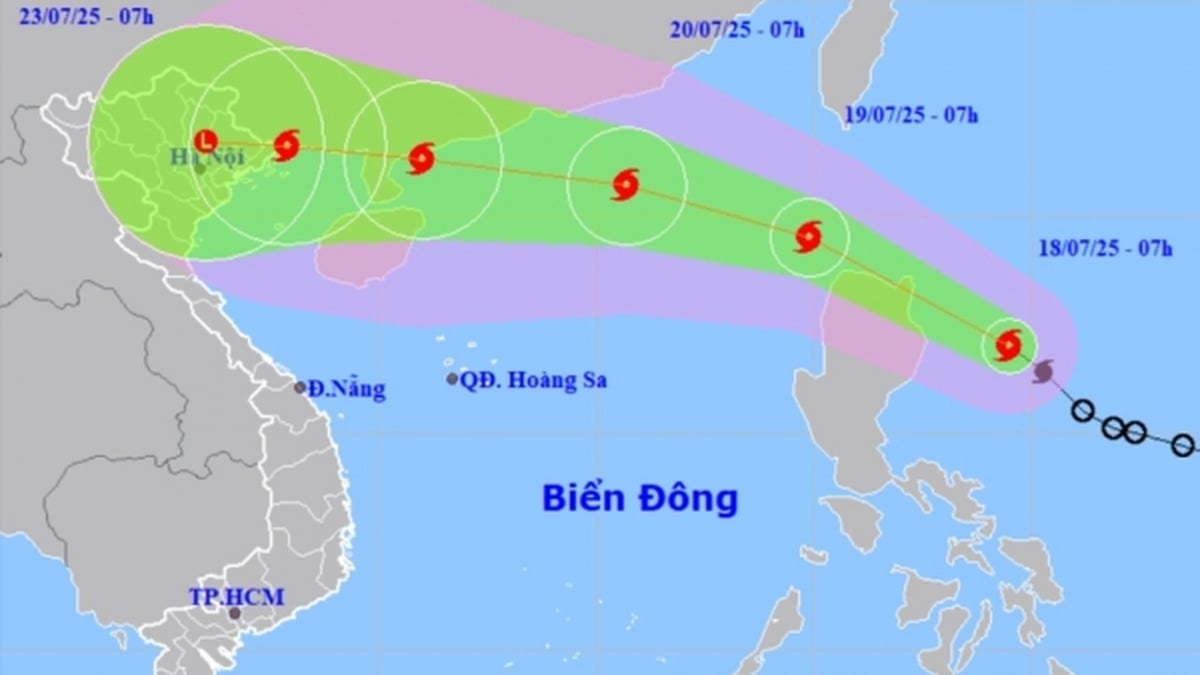
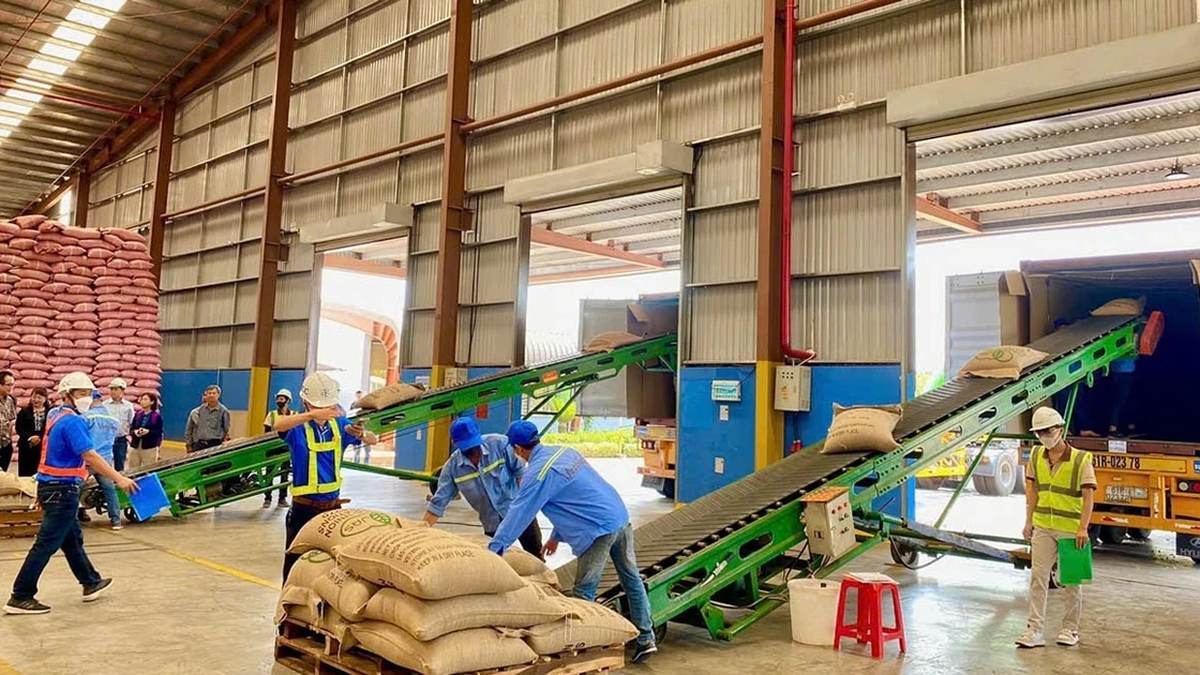


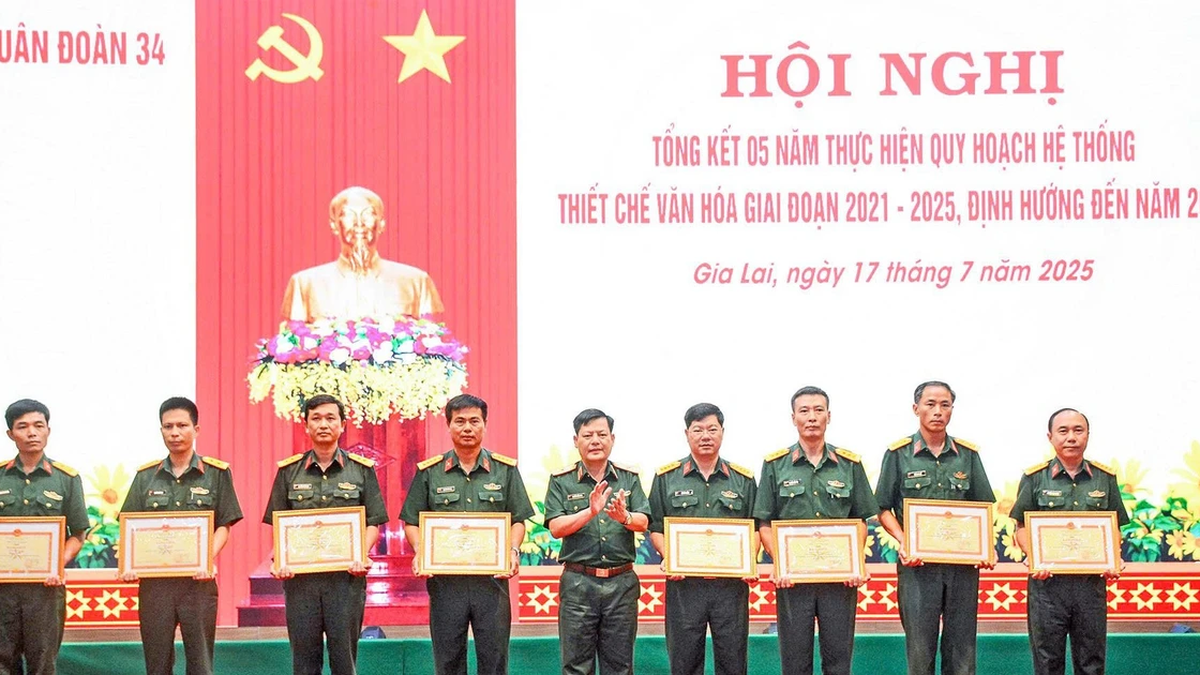
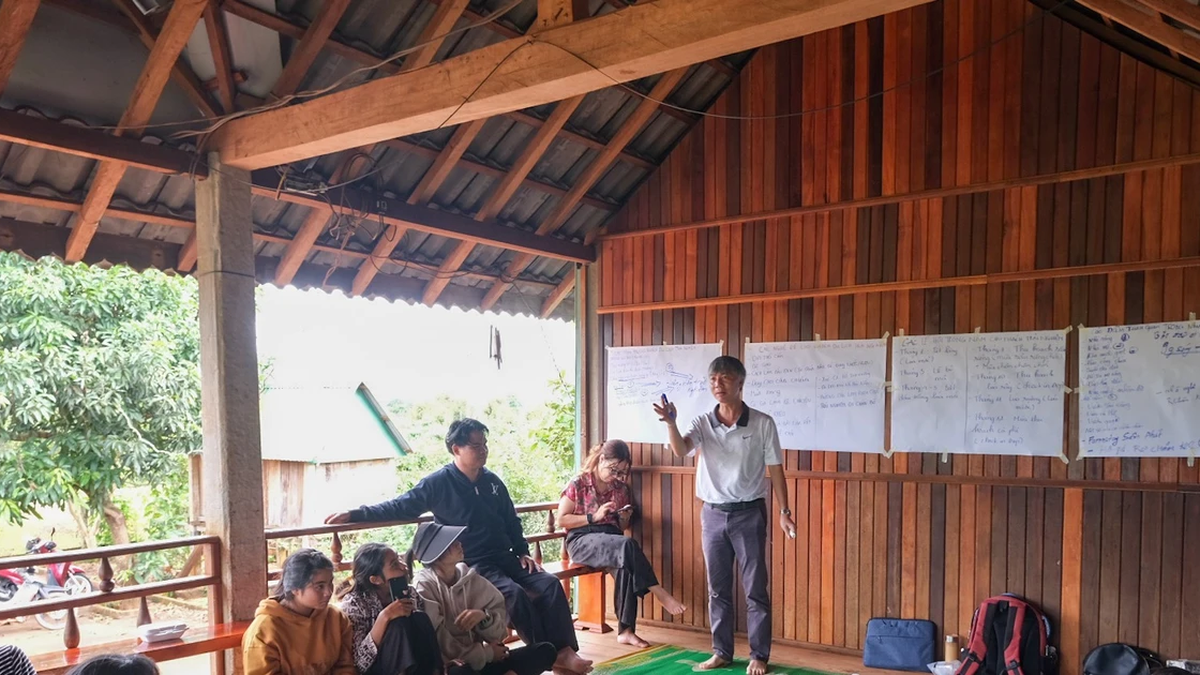
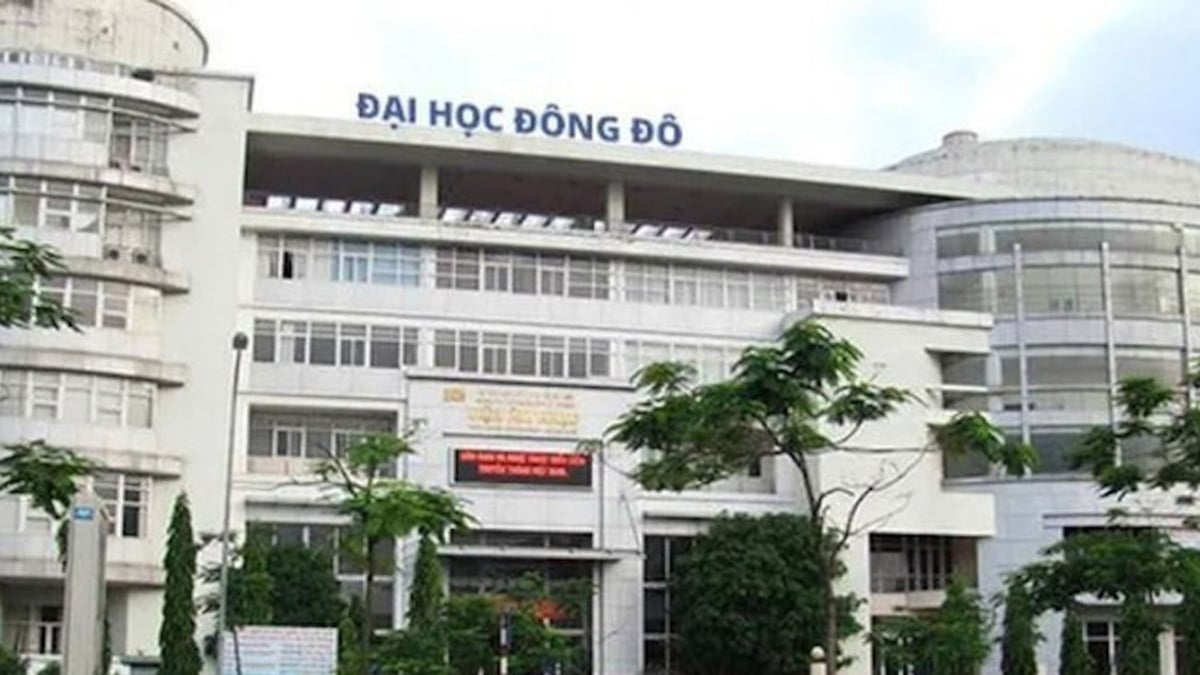
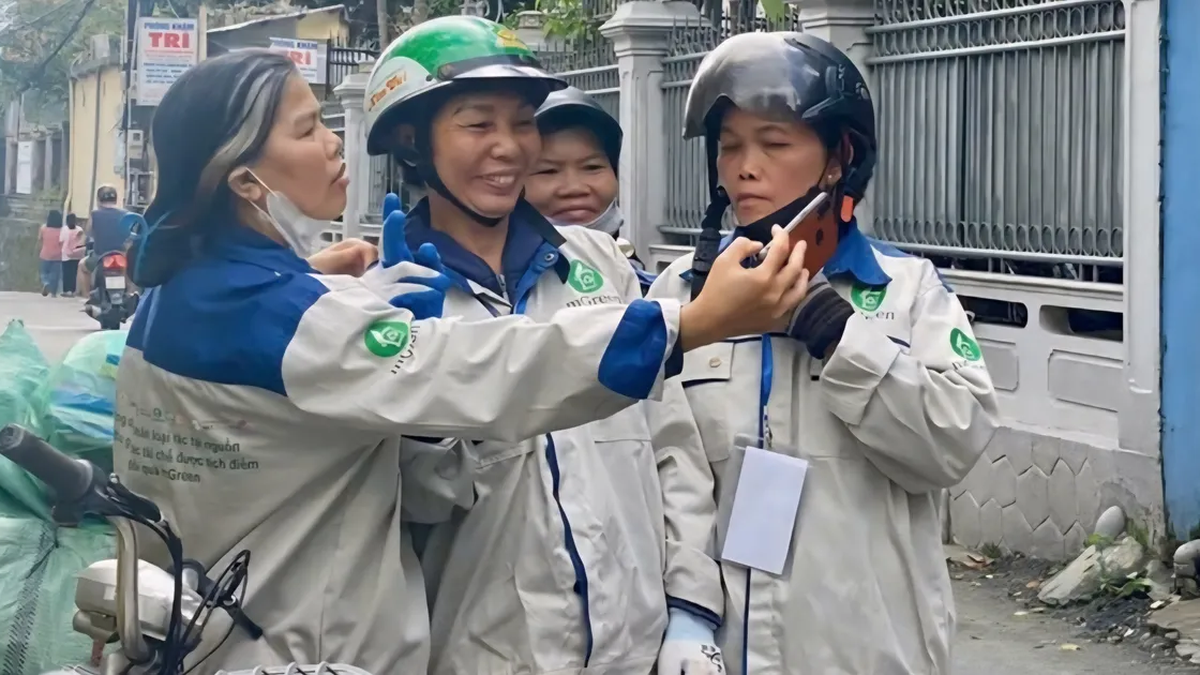
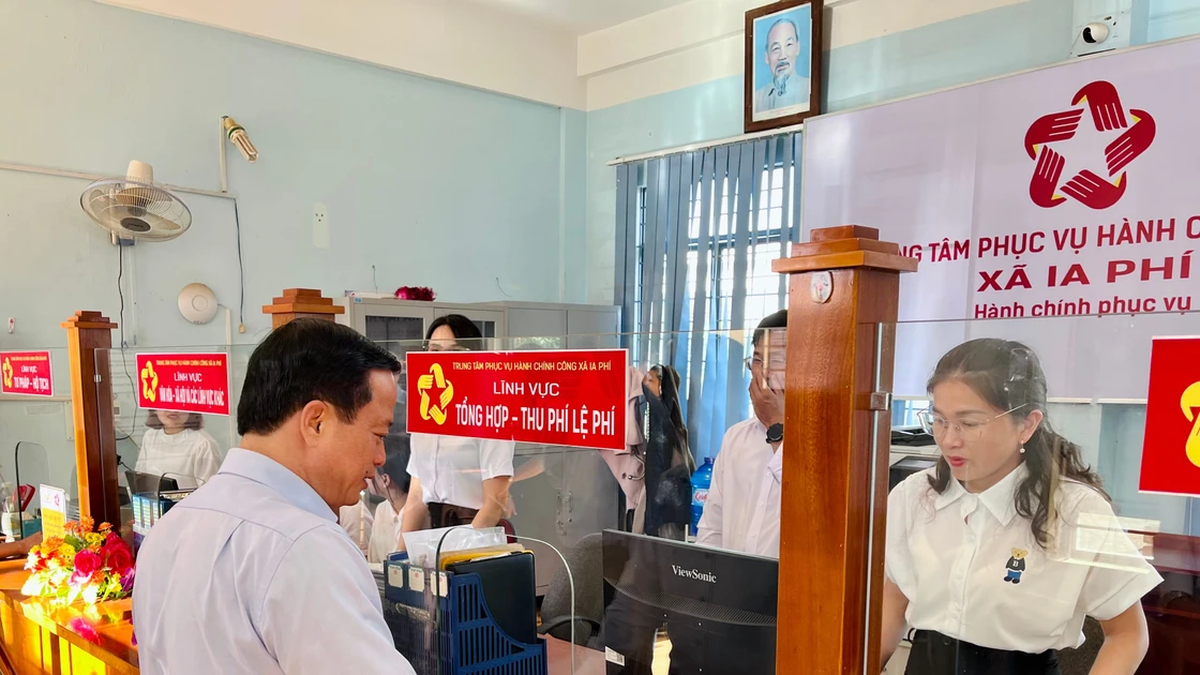

















































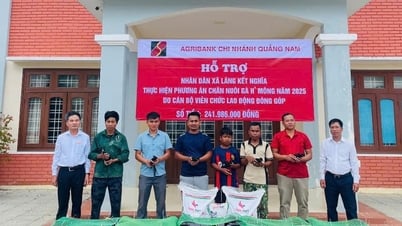






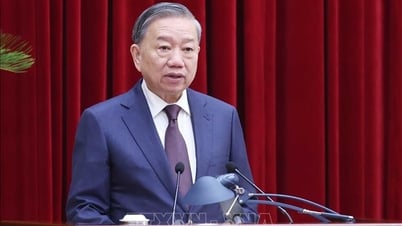






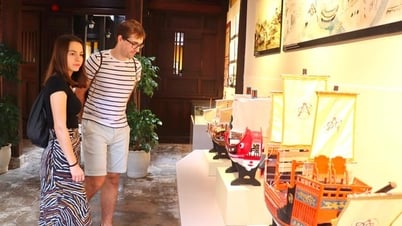

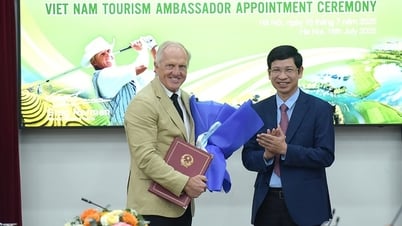


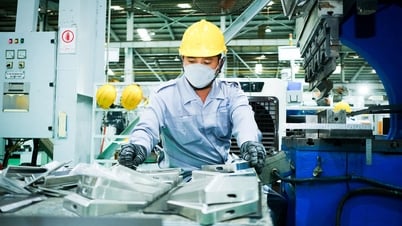














![[Infographic] In 2025, 47 products will achieve national OCOP](https://vphoto.vietnam.vn/thumb/402x226/vietnam/resource/IMAGE/2025/7/16/5d672398b0744db3ab920e05db8e5b7d)







Comment (0)